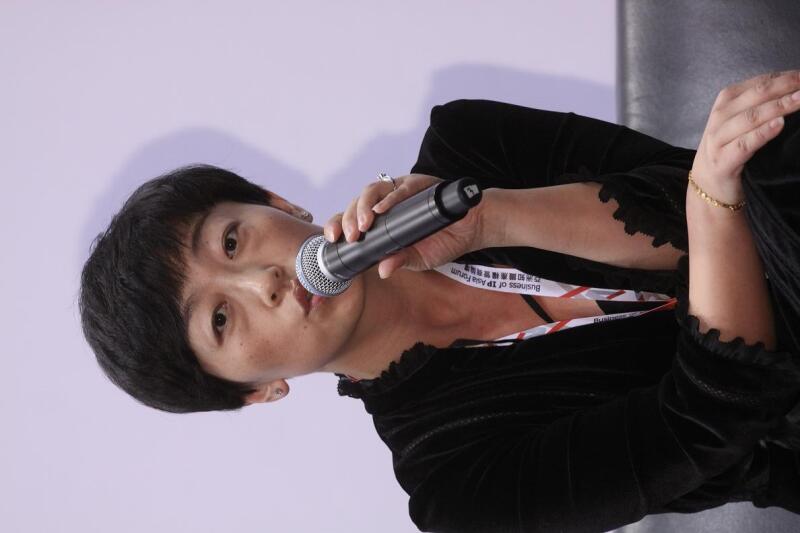Though Chinese New Year is still a few weeks away (January 31), disputes about the licensing of standards-essential patents look to dominate IP news in Asia in the Year of the Horse. The topic is drawing increased attention as courts and companies grapple with what constitutes reasonable licensing terms, and when fair but aggressive monetisation tactics cross the line into anti-competitive behaviour.

|
Amy Gao of Huawei spoke with Managing IP about its dispute with InterDigital at the Business of IP Asia conference in Hong Kong last month |
China is unsurprisingly a flashpoint. The spat between Chinese telecommunications firm Huawei and US non-practicing entity InterDigital over InterDigital’s assertions of its standards-essential patents has spanned the globe, from the ITC to the European Commission to China’s Guangdong High Court.
One interesting finding in Guangdong was that InterDigital’s behaviour outside of China, such as its attempt to block Huawei’s products from the US market via the ITC and its bundling requirements, were in violation of the Anti-Monopoly Law. And last month, the dispute took an even more dramatic turn when InterDigital said that the Chinese government threatened to detain its executives if they entered the country.
This is not the only competition-related matter in China. Huawei and ZTE have asked the Ministry of Commerce to scrutinise Microsoft’s licensing practices to ensure that it does not raise fees for the wireless patents that came from its acquisition of Nokia. Meanwhile, Qualcomm has announced that it is under investigation for Anti-Monopoly Law violations, which some believe may be related to its patent licensing practices.
FRAND is also a hot topic in India. A long-simmering dispute between Ericsson and Indian phone manufacturer Micromax has drawn the attention of India’s Competition Commission, which has said it will investigate Ericsson’s licensing practices. However, this came after the Delhi High Court issued an ex-parte injunction against Micromax, which some see as misguided. The injunction would have shut Micromax’s doors if the parties had not come to an interim agreement pending resolution of the case.
These disputes involve issues that have vexed judges and practitioners around the world. Who determines what a fair and reasonable rate is? Should the behaviour of the parties during the negotiations (such as whether there was litigation) affect what constitutes a fair rate? When if ever should tactics such as bundling demands be allowed?
Of course, developments in the traditional IP fields will continue to be of great importance. China’s new Trademark Law will take effect on May 1, while a draft of the implementing regulations was released two weeks ago. In other parts of Asia, companies are keenly watching what happens in Myanmar as it drafts some of its first IP laws.
If you have anything to add, let us know. What do you think will be the biggest IP issues in Asia this year?









